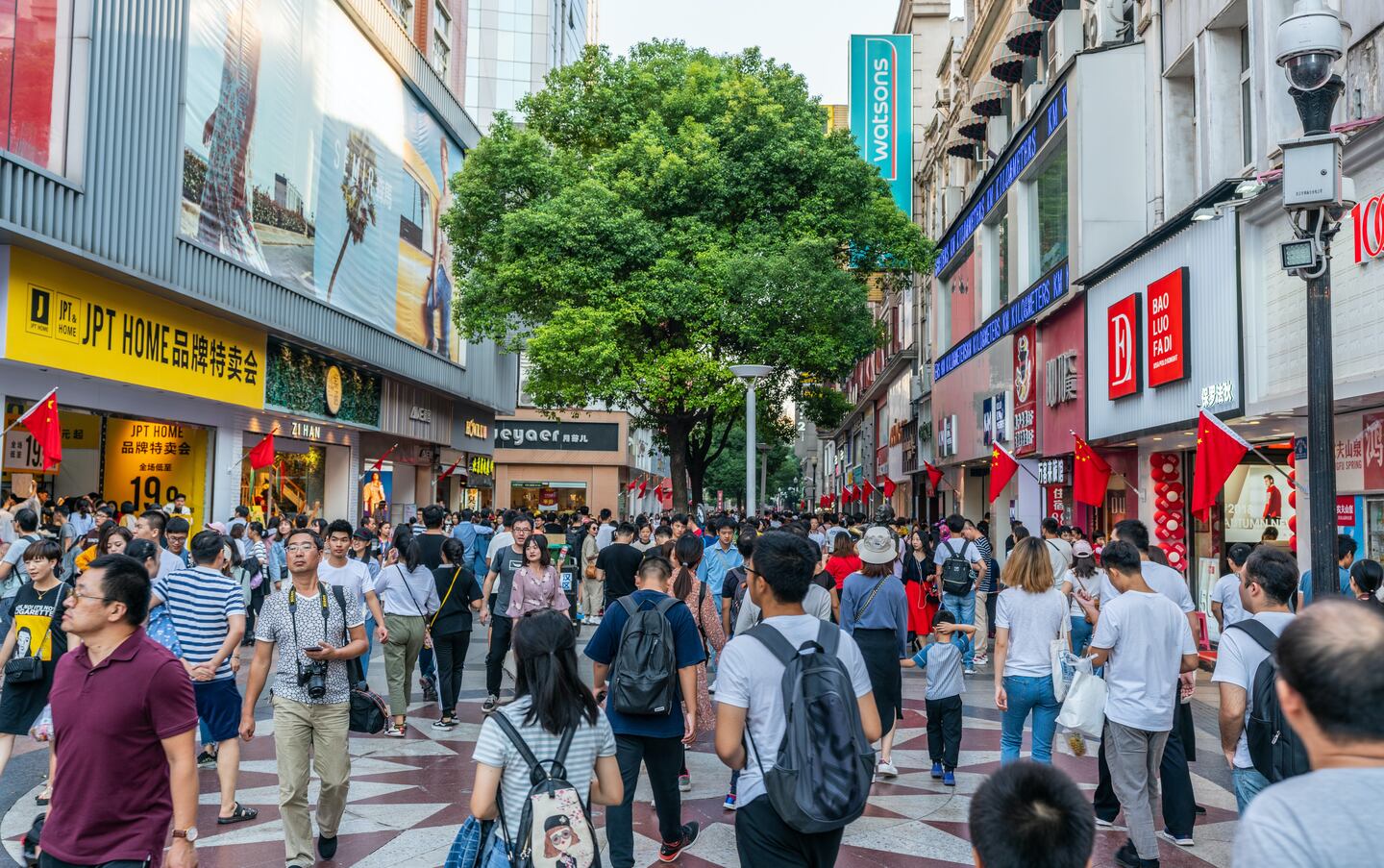
The Business of Fashion
Agenda-setting intelligence, analysis and advice for the global fashion community.

Agenda-setting intelligence, analysis and advice for the global fashion community.

China’s three-day Qing Ming Festival weekend, which came to an end Monday, saw domestic travel rebound to pre-pandemic levels, according to reports in Chinese state media.
According to the data of the Ministry of Culture and Tourism, 102 million domestic trips were made during the festival, an increase of 144.6 percent year-on-year and a recovery to 94.5 percent of the same period in 2019.
Data provided by Chinese tourism service website Qunar.com also showed that during this year’s Qing Ming Festival holidays, ticket bookings on the website were 1.4 times more than 2019, while hotel bookings were 1.5 times higher compared with 2019.
”China’s consumption revenues have more than doubled during this year’s Qing Ming Festival holidays compared with 2020, when many industries remained idle or closed due to the virus outbreak,” Hu Qimu, chief researcher at the Sinosteel Economic Research Institute, told the Global Times.
He anticipated that China’s consumption revenue would grow by about 50 to 80 percent during the second quarter, while total GDP could rise by around 10 percent.
With consumers tightening their belts in China, the battle between global fast fashion brands and local high street giants has intensified.
Investors are bracing for a steep slowdown in luxury sales when luxury companies report their first quarter results, reflecting lacklustre Chinese demand.
The French beauty giant’s two latest deals are part of a wider M&A push by global players to capture a larger slice of the China market, targeting buzzy high-end brands that offer products with distinctive Chinese elements.
Post-Covid spend by US tourists in Europe has surged past 2019 levels. Chinese travellers, by contrast, have largely favoured domestic and regional destinations like Hong Kong, Singapore and Japan.